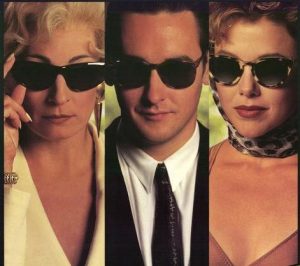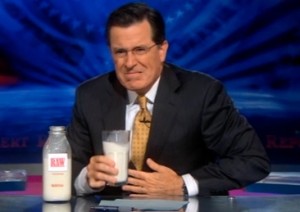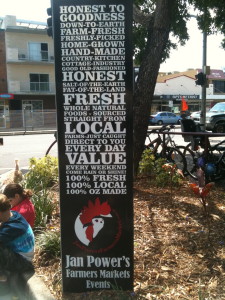Food is, and remains, 21st century snake oil.
For every fatal, life-threatening or barf-inducing foodborne illness, there’s a grifter, huckster or con around the corner.
 According to Joe Hinton of the Daily Star, hoteliers in popular resorts say holidaymakers have been suffering “harassment” from conmen.
According to Joe Hinton of the Daily Star, hoteliers in popular resorts say holidaymakers have been suffering “harassment” from conmen.
The fraudsters convince tourists to make false claims and then take a cut of any payout. A source told the Daily Star Sunday: “This is almost as big a business as drugs in some places.
“Yes, the authorities are trying to crack down, but there are still hundreds going through every week.
“Hotels don’t want the hassle of legal fees so they pay out more often than not.
“All you need is a picture of a receipt for anti-sickness medication.
“Most people get £2,000 a claim. The tout skims off the top and so does the law firm.”
Now police are going undercover to catch the fraudsters, who are costing the hotel industry £60million a year.
The investigation has been backed by UK tour operators.
Freedom of Information documents seen by the Daily Star Sunday show that Jet2, Thomas Cook, Monarch and TUI are looking into hundreds of bogus claims in Mallorca and other islands.
The documents said: “The rise in the number of fraudulent claims is having a serious impact on contracts for next season as hoteliers turn to other markets such as Germany.
“And Spanish police are eager to make some arrests to start setting a clear example.”
UK tour operators and Spanish hotels have been hit with scores of compensation claims in the last few months.
Swindlers are making official complaints about food poisoning.
Then, on arrival in the UK they are getting anti-sickness drugs. Under our laws they don’t even need a doctor’s note – a pharmacy receipt is enough to make a claim.
Millions have already been paid out to holidaymakers – leading to chefs in the resorts being unjustly sacked.
Last week Brit mum Laura Joyce, 37, was arrested in Mallorca on suspicion of running a £9million holiday sickness scam.
She is accused of using middlemen to encourage holidaymakers to fake illnessness to claim compensation.
Jet2 has now hired private detectives to nail the cowboy companies touting for business.
It has already caught one couple touting for business in Benidorm.




